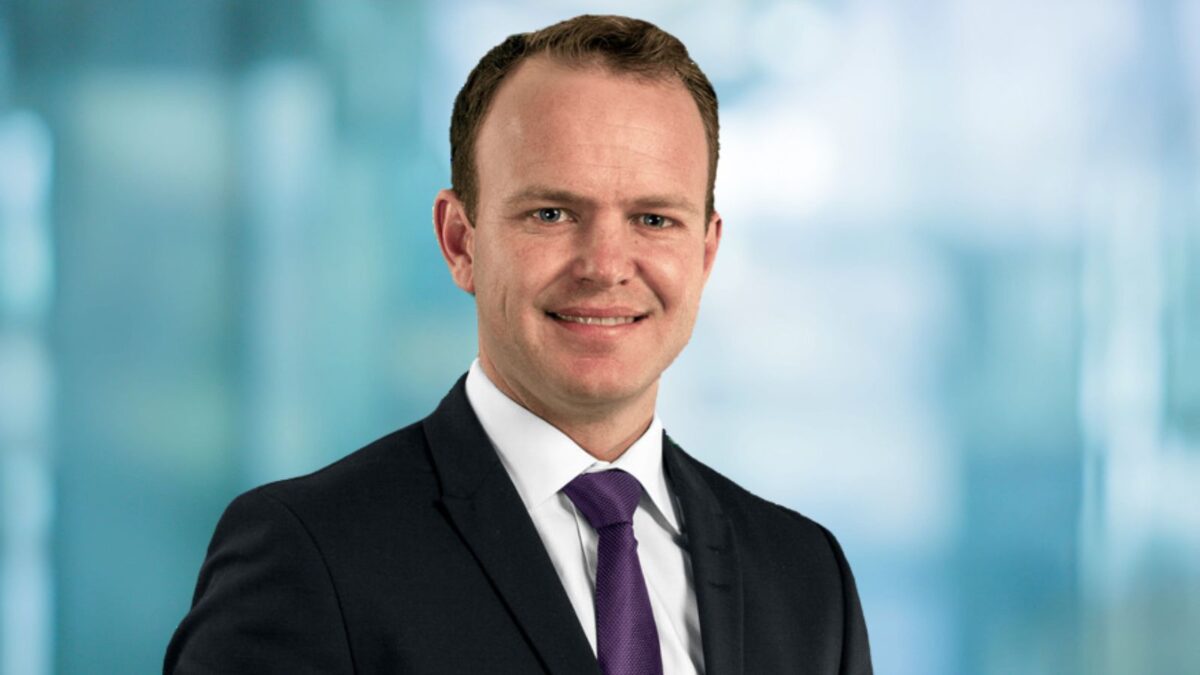Some of the Magnificent Seven are more magnificent than others
Rarely has the market required so little to be so optimistic.
We’re now in the second year in a row of very strong equities performance – driven largely by sentiment based re-rating of earnings expectations. The question for Abrie Pretorius, portfolio manager for Ninety One’s US$22.3 billion global franchise strategy, is how sustainable earnings growth really is from here.
“Over the last 12 months, earnings growth has been about 11 per cent, but it looks like the market expects earnings growth to accelerate from here if you just look at consensus expectations,” Pretorius tells ISN on a visit to Australia following the launch of Ninety One’s global franchise wholesale fund down under.
“But I think it’s probably quite a bit harder to deliver accelerating earnings growth when inflation is running in the low single digits, compared to the last two years when it’s been high single digits. It looks like the market might be a little bit optimistic and priced to perfection.”
Markets typically overestimate the short-term, Pretorius says, and underestimate the long-term – not a new insight, but one that seems to have been forgotten as AI mania takes hold. Everybody’s “starting to dream and reprice assets” because they can see the potential, but now they need to face up to what Pretorius calls the “hard phase” of AI.
“You need to go and physically build the data centres and you need to build the actual product,” Pretorius says. “Every single business I’ve talked to is trying and testing but they’re still at beta phases, and I wouldn’t be surprised if you see some delays in the rollout of these things. But there’s still quite a bit of optimism priced into these businesses.”
And that hard phase begets Pretorius’ sentiment – or lack of – around Nvidia. It’s been the biggest winner from the AI boom of the last two years, but Ninety One’s own modelling produces an expected return over the next 10 that “just isn’t very exciting”.
“When you think about how a company like Nvidia is going to make money, it’s basically the capex of other companies – how much money these hyperscalers need to spend to justify the market cap of Nvidia,” Pretorius says. “It doesn’t make sense to us.
“If you look at previous technology cycles, the bottom end of the stack – in this case the chips and the hardware – typically gets commoditised reasonably quickly. Maybe Nvidia has been the first mover, but I would argue that some other companies might catch up. If you’re buying Nvidia today to get an absolute return, you would need to underwrite an excess return in terms of profitability and growth for Nvidia for well over 10 years – and that for me is a little bit optimistic.”
What requires less optimism (for Pretorius) is Alphabet. Its antitrust and competition woes have seen it trade at a significant discount to the S&P, but it’s got earnings growth in the teens, the technology to keep delivering good returns, and Pretorius thinks the regulatory environment is going to take a long time to change. Microsoft has a very good business model for generative AI in “every single layer of the stack”, and it’s strengthening its core business as well – to say nothing of all those stocks that sit beyond that galloping grouping.
“When you think about the exposure some of the Magnificent Seven companies bring, we think there’s better ways of actually accessing some of those themes in different companies that are trading at far better valuations.”











